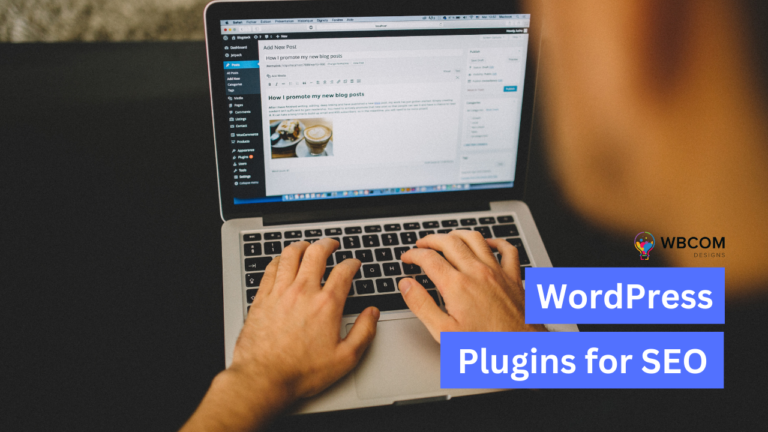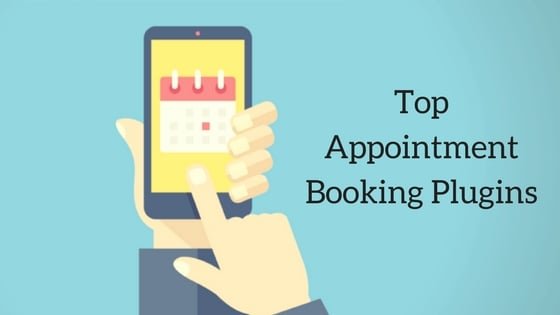The importance of an LMS platform for creating and selling online courses in 2023 cannot be overstated. The COVID-19 pandemic has accelerated the shift toward online learning, and the trend is likely to continue in the future. The demand for online courses is growing rapidly, and educators and trainers need to have an easy-to-use and reliable platform to create and sell their courses.
An LMS platform provides a centralized location for creating, delivering, and managing online courses. Educators and trainers can create multimedia-rich content, such as videos, interactive quizzes, and assessments. With an LMS, course creators can easily organize their content into modules and lessons, track student progress, and provide feedback and support.

In addition to these features, an LMS platform for creating and selling online courses can also help with marketing and monetization. It can provide tools for creating landing pages, managing email campaigns, and collecting student payments. Course creators can use an LMS to offer free or paid courses, create memberships or subscriptions, and even sell physical products related to their courses.
As the demand for online learning continues to grow, having a reliable and user-friendly LMS platform for creating and selling online courses will be crucial for educators and trainers who want to reach a wider audience and monetize their knowledge and expertise. It can help them create engaging and effective courses, manage their content and students, and build a successful online business.
Importance of Accessibility in LMS Platforms
LMS stands for Learning Management System, which is a software application used for the administration, documentation, tracking, reporting, and delivery of educational courses and training programs. Accessibility refers to the practice of designing and developing technology and digital content to be usable by people with disabilities.
Website accessibility refers to designing and developing websites to make them usable and accessible to people with disabilities. This includes people who are blind or visually impaired, deaf or hard of hearing, and those with physical or cognitive disabilities.

There are several guidelines and best practices that web developers can follow to ensure that their websites are accessible to everyone. One such guideline is the Web Content Accessibility Guidelines (WCAG) developed by the World Wide Web Consortium (W3C). The guidelines include recommendations for making content perceivable, operable, understandable, and robust for all users.
Some common accessibility features that web developers can implement include providing alternative text descriptions for images, using high-contrast colors, ensuring that keyboard navigation is available, providing captions and videos, and using clear and simple language.
Regarding LMS and accessibility, it is essential to ensure that the platform is accessible to all users, including those with disabilities. Here are some best practices to make an LMS accessible:
- Ensure the LMS is compatible with assistive technology such as screen readers, magnifiers, and speech recognition software.
- Provide alternative formats for all content, including videos, audio, and documents, to make sure that users who cannot access the original content can still learn.
- Use clear and concise language that is easy to understand.
- Provide captions or transcripts for all videos.
- Ensure that the LMS is keyboard accessible and that users can navigate it without a mouse.
- Use high-contrast colors and fonts that are easy to read.
- Ensure that all interactive elements such as buttons, links, and form fields are properly labeled.
- Test the accessibility of the LMS with real users who have disabilities.

In conclusion
Accessibility is a critical aspect of LMS platforms that cannot be ignored. Making online education accessible to all individuals is a legal obligation and a moral responsibility. An accessible LMS platform ensures that learners with disabilities can participate fully in online courses, access course materials, and interact with their peers and instructors. It allows educators and trainers to provide an inclusive learning experience that accommodates all learners, regardless of their abilities.
Also, Read






